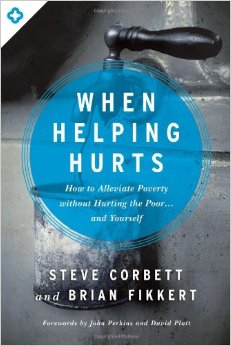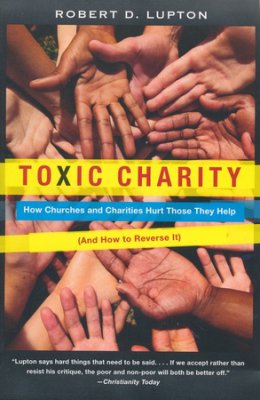What is poverty, and how can we understand it within a biblical framework? Once we’ve done that, then what do we do to help the poor? Poverty is not simply a lack of material things. It is not just a lack of income, healthcare, housing, food, or wealth. The way we define poverty determines the solutions that we use to alleviate poverty, and the above symptoms are not the same as the underlying causes. If we misdiagnose the problem, it does not matter how compassionate we are or how noble our intentions might be. Sadly, we can make the problems worse rather than contribute to the solution.
While Christians in the United States typically define poverty as a lack of material possessions, the rest of the world sees poverty quite differently. Most who are actually living in poverty define it in more psychological and social terms.
As Brian Fikkert explains in this first video, humans were created to experience four foundational relationships, specifically in the ways that God intended. These four relationships are the relationship with God, with self, with others, and with the rest of creation. However, the fall of man caused all four relationships to be broken, which in turn means that the systems we create are also broken.







